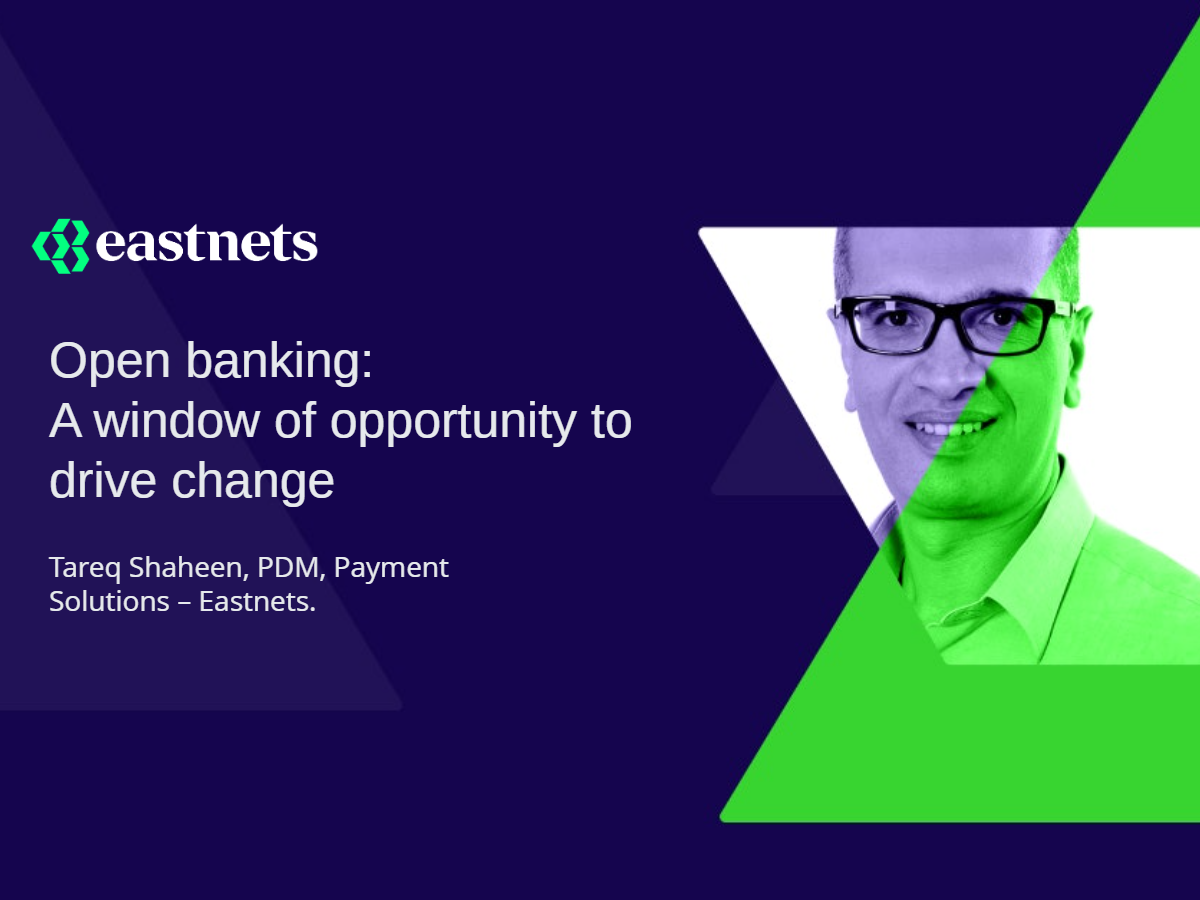Open Banking in the Arab World can strengthen economies and enhance the regional business ecosystem
Open Banking is not yet a household phrase, but it has the potential to transform the way we manage our financial lives. The phrase refers to the practice of banks and other financial institutions giving secure and authorized access of their customers’ account information to regulated third-party providers (TPP). In turn, these TPPs can develop and offer innovative financial products and services, creating a more competitive, customer-centric banking ecosystem.
With the global Open Banking market projected to reach $123.7 billion by 2031, a steep jump from its $13.9bn value in 2020, how can this region emerge as a global leader, providing a safe and reliable path to the development of this technology?
Read: Rise of Open Banking in MENA: A customer-centric financial ecosystem
Great potential
Open Banking covers two main service categories. Account Information Services is the retrieval of data from a bank account upon customer consent. Payment Initiation Services is where customers allow third parties to connect to their bank accounts and authorize payments directly from their bank account.
Let’s first examine the opportunities that this presents. Foremost is customer empowerment. Open Banking puts financial data back in the hands of the customers, enabling them to manage their finances more efficiently and facilitating access to better financial products tailored to their needs. It also spurs innovation, offering fintechs and other TPPs the ability to create applications that can analyze spending, savings, investments, and more.
By sharing customer data securely and with their consent, open banking enables personalized financial experiences. This can lead to the development of innovative solutions such as budgeting apps, automated investment platforms, and tailored lending products.
Open banking also encourages collaboration and partnerships between traditional financial institutions and fintech startups. It also heralds a new era of competition, driving traditional banks to improve their services or risk losing customers to more agile, innovative players.
It also raises substantial concerns, primarily around data security and privacy. Sharing sensitive financial data with TPPs could expose customers to cyber threats, so robust cybersecurity measures and regulations are crucial, while educating customers is also essential to ensure informed decision-making.
There are also regulatory challenges to consider. Open Banking requires a clear and enforceable framework to protect consumers and ensure fair competition, and GCC countries have not stood idle. The Dubai Financial Services Authority (DFSA) has introduced licences authorising the provision of account information services (AIS) and payment initiation services (PIS) activities. Abu Dhabi Global Markets has developed a licensing framework to map a way forward, while Bahrain was an early leader in this area. This year, we have seen announcements from Saudi banks about their Open Banking readiness, while The Saudi Central Bank (SAMA) has been active in creating the regulatory framework and its testing sandbox is now open for fintechs.
Regional focus
These current initiatives focus on country-specific implementation, where a user has access to their accounts in different banks in the same country. But the real prize would be to extend this across the region. The historical, economic, and geographic factors in the Arab world make this a viable option. Arab countries have long worked on joint initiatives to strengthen economic integration, and Open Banking can immensely contribute by enabling people to benefit from financial services that span banks in different Arab countries.
One obvious example of this in action is the many Arab expatriates who have bank accounts in their country of residency and their home country. For example, more than half a million Jordanian expatriates reside in KSA and UAE. This huge group of people would benefit greatly from access to bank accounts in different countries from a single application provided by a licensed TPP.
This should be possible. In Europe, an EU-wide Open Banking ruling based on the PSD2 directive gives Europeans this type of access. The single currency made it easier to achieve, so more regulatory challenges would arise in a similar implementation in the Arab world. But it still should be possible.
The introduction of a pan-Arab Open Banking initiative will propel innovation and collaboration to new heights by revolutionizing how citizens access their accounts and paving the way for unprecedented value-added services.
Next steps
So, what does the future hold for the region’s ability to lead Open Banking? The answer lies in striking the right balance between opportunity and regulation.
To allow users to access their accounts in different Arab countries, TPPs licensed in more than one Arab country should be licensed to retrieve account information from customer accounts in two or more Arab countries. This must be accompanied by sufficient measures to address any privacy or security concerns to increase confidence in using such services.
While this seems easy for account information service, what about payment initiation services? Fortunately, we have the right foundations in place with existing pan-Arab payment systems. Buna is a cross-border and multi-currency payment system founded by the Arab Monetary Fund (AMF) in 2018. It enables financial institutions in the Arab region to send and receive payments in Arab currencies as well as key international currencies. AFAQ is a regional payments system that allows the same-day execution and settlement of financial transactions in GCC local currencies.
However, achieving this will require significant effort. It will require the active involvement of all stakeholders – banks, fintechs, regulators, and customers. But if the Arab region can successfully navigate the challenges that come with this bold vision, it has the potential to become a beacon of Open Banking. It could set a precedent for other regions and serve as a model for how to leverage Open Banking services to empower customers, stimulate competition, and foster innovation.
Auther: Tareq Shaheen, PDM Director, Payment Solutions – Eastnets.
Learn more about Eastnets Payment Solutions





